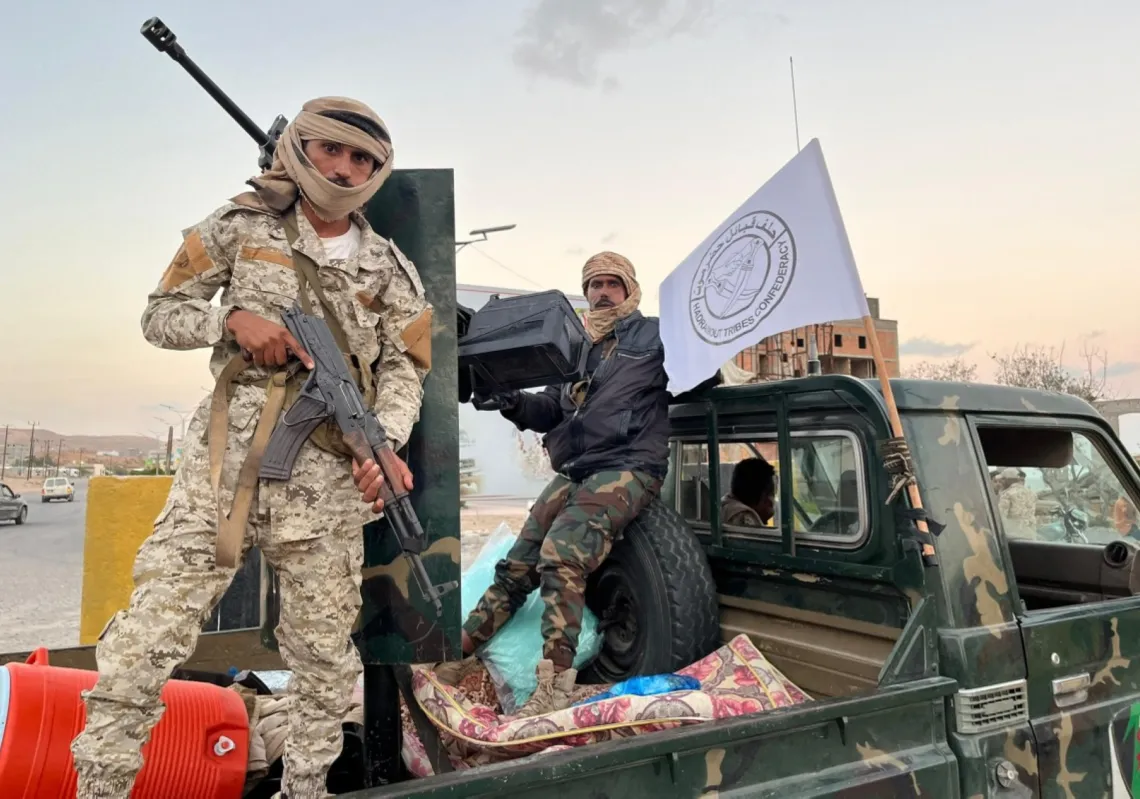Mounira Jamjoom
Arab Scientific Publishers, Inc.
Bold education is the pillar among which civilizations are built. Mounira Jamjoom emphasizes this notion with great passion in her book Bold Reflections on Saudi Education. For the love of her country that she expresses repeatedly in her book; she criticizes harshly not only the condition of education but also the intellectual and cultural context that dominates Saudi Arabia.
The book represents a mixture of the author's reflections on her personal experience , particularly in academia where she has been an active researcher in the field of pedagogy.
One of the author's aims in this book is to question Saudi identity, which she argues, needs to be redefined. As such, she begins her assessment with a rather philosophical introduction. More specifically, the author clarifies that it is crucial for every human being to know him/herself, to understand their society and the dynamics in their community in order for them to reach their potential. Jamjoom addresses the confusion and the identity crisis that prevails not only in the Saudi community but in the whole of the Arab and Muslim world."Who are we?" she asks, and how does our self understanding promote or inhibit the educational system that Saudi Arabia needs to stay on a successful track.
The book’s critique takes an interesting approach by asking the reader to understand education beyond its superficial aspects. That is, to abandon questions like how many chairs should be there in a class? Or does every student need a laptop? Instead she asks the reader to redefine his expectations of what education is and what its goals should be. The questions that should be asked instead, then, are: Whose syllabi are being taught in our schools? Whose voices are being heard and where are the other voices? Those questions lead to new definitions of education in its ideal state, and potentially hold the key for improvement.
Jamjoom dedicates an entire chapter to demonstrating how often syllabi are mislabelled. She shares her knowledge about the definition of the syllabus and provides her own opinion about what makes a good syllabus, one that truly reflects all of the individuals in a given society with all their differences. One that gives space for the teacher and the student to be creative, the Saudi community as well as the Arab world as a whole lacks such syllables.
The book poses many questions. Motivated by the love she has for her country and what she calls "positive depression" Jamjoom is bold and not afraid to questions what have been taken for granted for years, such as history books. "Is it our history or our illusion that we are teaching?" she dedicates an entire chapter to answer this question and compares to the way American history is taught in the United States which she believes is inspiring. "The Saudi teacher is more important that the foreign expert" she notes in one chapter, as she lights the important role the teacher plays acknowledging that his vital role is being underestimated by the entire society and even the teacher himself sometimes.
Even though Jamjoom doesn't seem the least bit hesitant throughout the book to speak her mind and question her surroundings, she admits she hesitated before writing the chapter "Islamic education". It is indeed a sensitive topic in a country that puts a high regard to teaching Islamic religion. Out of her true sense of responsibility she decided to go on with the chapter and states her observations that she knows may stir many controversies. From how the religion syllabi in the Kingdom have been politicized to how teachers answers the endless questions of their curious students about Islam and other religions. It is evident that Jamjoom is not the least bit satisfied with the way women are being portrayed in the syllabi. She believes this may have long lasting results that hurt the relationship between men and women in the community.
Mounira Jamjoom identifies herself as a researcher, a Muslim woman, a citizen that deeply loves her country and all of this is reflected in her book. This is clearly not an academic book, nor is it scientific research; it is in many ways very personal. The author is young and passionate and she writes with great enthusiasm. She may seem radical in many of her judgments and the changes she wants to see in her country. However, this can be seen as a fault as the book lacks viable solutions and constructive suggestions.
On the other hand Jamjoom uses many examples and anecdotes to support her arguments. She does not impose her conclusion in any way, instead she poses questions with the hope to open the floor for discussion about education in Saudi Arabia.
The book is bold indeed, it is evident that the author is not trying to sugar coat what she believes is an ugly truth. A sense of responsibility, curiosity and patriotism, she argues, is what all countries need to embark on a process of development.








